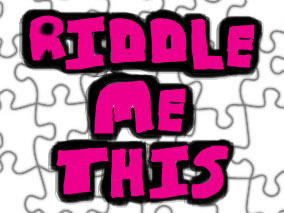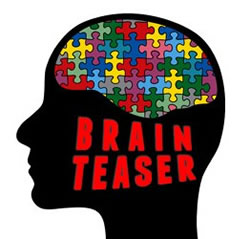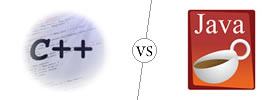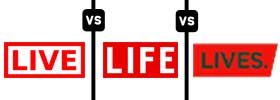Difference between Riddle, Puzzle and Brain Teaser
Key Difference: A riddle is a type of statement, question or phrase, whose purpose is to make the person think. A puzzle is a type of game, problem, or toy, whose purpose is to test a person’s ingenuity or knowledge. A brain teaser is a type of puzzle. It must be solved by thinking in unconventional ways.

It is normal to get confused between a riddle, a puzzle, and a brain teaser. After all, they all serve the same purpose, which is to challenge someone and to access and test someone’s brain capacity. They further help to improve knowledge, and logical reasoning. While the terms are often used interchangeably, in reality they are a little different in their context.
A riddle is a type of statement, question or phrase, whose purpose is to make the person think. A riddle has a correct answer, which the person must answer after logical reasoning and deliberation. A riddle often has a double or hidden meaning, so as to purposefully mislead.
 A puzzle, on the other hand, is a type of game, problem, or toy, whose purpose is to test a person’s ingenuity or knowledge. A puzzle must be solved via logical reasoning. A puzzle usually has a number of pieces, which if put together correctly will lead to the answer. There are many different types of puzzles, such as crossword puzzles, word-search puzzles, number puzzles, or logic puzzles.
A puzzle, on the other hand, is a type of game, problem, or toy, whose purpose is to test a person’s ingenuity or knowledge. A puzzle must be solved via logical reasoning. A puzzle usually has a number of pieces, which if put together correctly will lead to the answer. There are many different types of puzzles, such as crossword puzzles, word-search puzzles, number puzzles, or logic puzzles.
Alternatively, a brain teaser is a type of puzzle. It must be solved by thinking in unconventional ways. The purpose of a brain teaser is to stimulate cognitive processes and involves lateral thinking. It forces a person to think logically in order to solve the teaser.

The main difference between a riddle, a puzzle, and a brain teaser, is that a riddle and a brain teaser are usually verbal, whereas a puzzle is not. This means that a riddle and a brain teaser are spoken, whereas a puzzle is usually in a tangible form such as a game or a toy. However, a brain teaser need not always be spoken it can be written as well, as is the case of mathematics puzzles.
The main problem with distinguishing between the three is that a brain teaser is often considered to be a type of puzzle. Furthermore, a riddle is often defined as a specific type of brain teaser. Hence, at the end of the day, the actual semantics of the definition do not matter. In everyday colloquialism, the three words are usually interchangeable. The only difference is that a tangible object, such as toy or a game, will usually not be referred to as a riddle. It can however at times be called a brain teaser. A riddle or a brain teaser can be used interchangeably, and can be called a puzzle as well. Still, all three help a person to develop and improve cognitive function, while still having fun.
Comparison between Riddle, Puzzle and Brain Teaser:
|
|
Riddle |
Puzzle |
Brain Teaser |
|
Definition (Oxford) |
A question or statement intentionally phrased so as to require ingenuity in ascertaining its answer or meaning |
A game, toy, or problem designed to test ingenuity or knowledge |
A problem or puzzle, typically one designed to be solved for amusement. |
|
Purpose |
To test logical reasoning and for amusement |
To test ingenuity or knowledge |
For amusement |
|
Type |
Spoken sentence or question |
A toy or game, i.e. physical object |
Usually a spoken sentence or question, but can be in the form of a toy or a game. |
|
Example |
“What animal walks on all fours in the morning, two in the afternoon and three in the evening?” |
A crossword puzzle, a jigsaw puzzle, a maze |
Mary's father has five daughters: 1. Nana, 2. Nene, 3. Nini, 4. Nono. What is the name of the fifth daughter? |
Image Courtesy: parentdish.com, etfile.com, passnownow.com









Comments
Rajesh Kumar
Sat, 06/04/2016 - 14:00
Add new comment